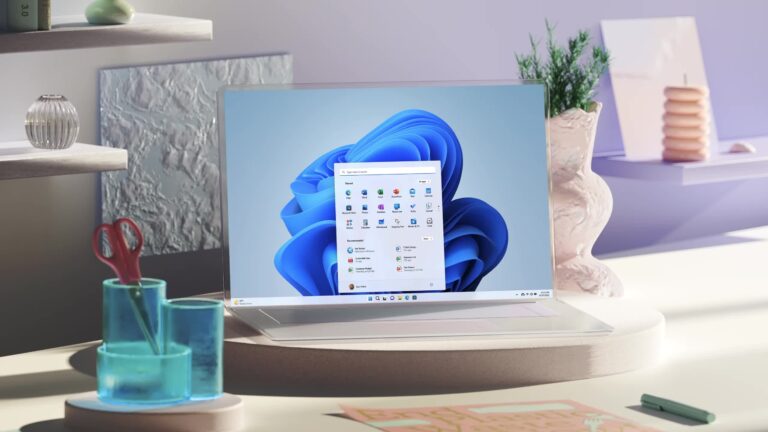
[ad_1]
In brief: Microsoft frequently releases new Windows features for testing purposes without any public announcement. A recent leak provides users with an insider’s view of how the company conducts beta updates, enabling them to discover and interact with hidden functionality during Windows A/B testing phases.
This week, Microsoft accidentally released an internal testing tool to the public that could enable users to unlock secret Windows features. The company quickly removed the leaked software, but not before it spread to other channels.
The staging tool can find and activate functionality that Microsoft often sneaks into Windows updates. It’s also useful for insider builds where the company only engages new features for half the participants to better test their effects on the OS. Users who are part of the control group but are interested in the update’s new features can use the tool to enable them.
Although third-party programs that perform similar tasks already exist, the leak gives users and developers insight into Microsoft’s process. The company’s staging tool bears the most resemblance to ViVeTool, a command-line app that scans insider builds and toggles experimental features. However, ViVeTool provides an optional GUI version to simplify the process for less-experienced testers.
There are already third-party programs that can perform the same task, but the leaked app let us see how Microsoft handles the process. The staging tool appears most similar to ViVeTool, a command-line app that scans insider builds and toggles experimental features. ViVeTool has an optional GUI version to simplify things for less-experienced testers.
Some quests include a valid link to a staging tool that appears to be like vivetool pic.twitter.com/MUXPzQlbsy
– Xeno (@XenoPanther) August 2, 2023
Recent insider builds have incorporated significant changes that will likely be a part of the Windows 11 23H2 update, expected to launch later this year. Microsoft has not officially confirmed any new features, but possible additions include an overhauled File Explorer, an RGB lighting controller, a new sound mixer, and more.
The new File Explorer is set to display recommended and recently opened files on the home screen. Its detail pane will facilitate remote collaboration by exhibiting recent file changes made by multiple users over the cloud, and the address bar will mimic the functionality of a web browser’s.
The new RGB settings screen can control the lights on devices like keyboards and mice without relying on software from various hardware vendors. Several makers are cooperating with Microsoft for a common RGB control standard. Hopefully, it will soon toggle lights on GPUs, fans, or other components.
Support for Passkeys will make Windows apps compatible with a new standard for passwordless logins, operational across Microsoft, Apple, and Google platforms. Other potentially influential new features may include a system repair function, a TPM troubleshooter, Windows Ink enhancements, among others.
[ad_2]